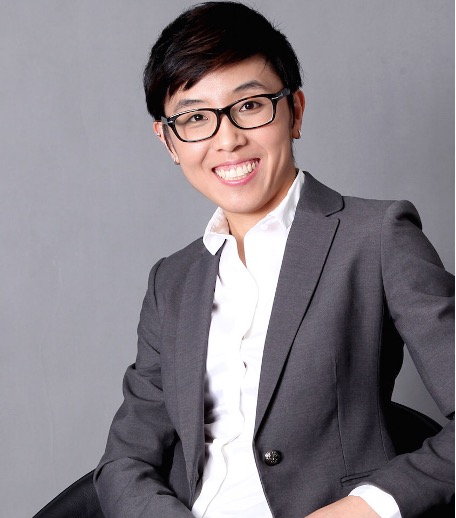Translanguaging as a decolonising approach: Students’ perspectives towards integrating Indigenous epistemology into Asian language teaching
MIC Distinguished Lecture Series
In this presentation, I will talk about a recent a curriculum transformation project to acknowledge the equal status of mātauranga Māori or the Indigenous knowledge of Māori people in our teaching and research in Aotearoa New Zealand. Specifically, I examine how translanguaging is used as a methodological strategy for decolonising the curriculum of an Asian language programme. It aims to understand students’ perspectives on integrating Indigenous epistemology in curriculum development and assessment task design. Data collection involved 155 university students from diverse cultures and ethnic backgrounds in a beginner-level Mandarin Chinese course. Survey results show that students broadly supportive nevertheless expressed reservations. Their digital multimodal compositions show that they have enacted purposeful translanguaging to enable the co-existence of different bodies of knowledge to form a holistic picture of their identities and experience. Based on the findings, I suggest that Asian language teaching adopts translanguaging as a decolonising approach to facilitate a pluriversal epistemological stance and disrupt the colonial approaches to language teaching and assessment.
Facilitators:
Dr. Danping Wang

Danping Wang is Senior Lecturer and Programme Leader in Chinese at the University of Auckland, New Zealand. Danping has received the Teaching Excellence Award in 2014 and the Early Career Research Excellence Award in 2020. She has also been invited by the New Zealand Ministry of Education to serve on the Subject Expert Group to review the NCEA assessment standards for Mandarin Chinese. Danping is currently leading a Marsden Fund project supported by the Royal Society of New Zealand to explore new theoretical directions for Chinese language education through a decolonial perspective in Aotearoa New Zealand.
